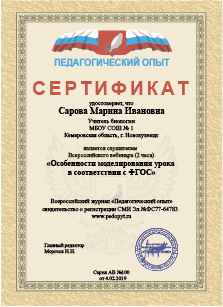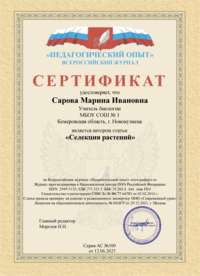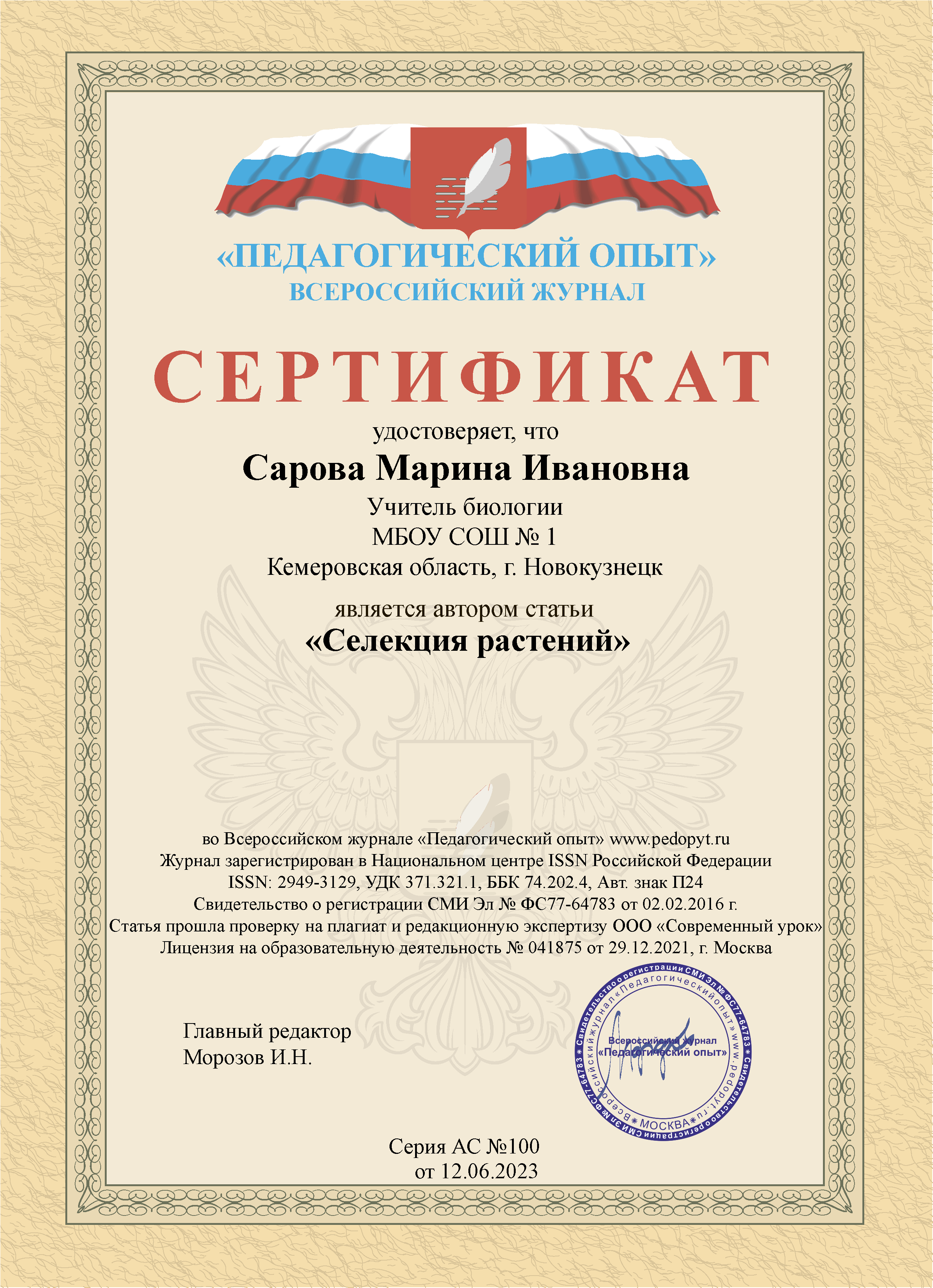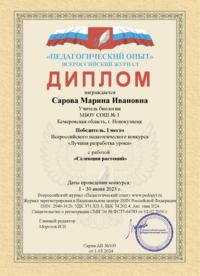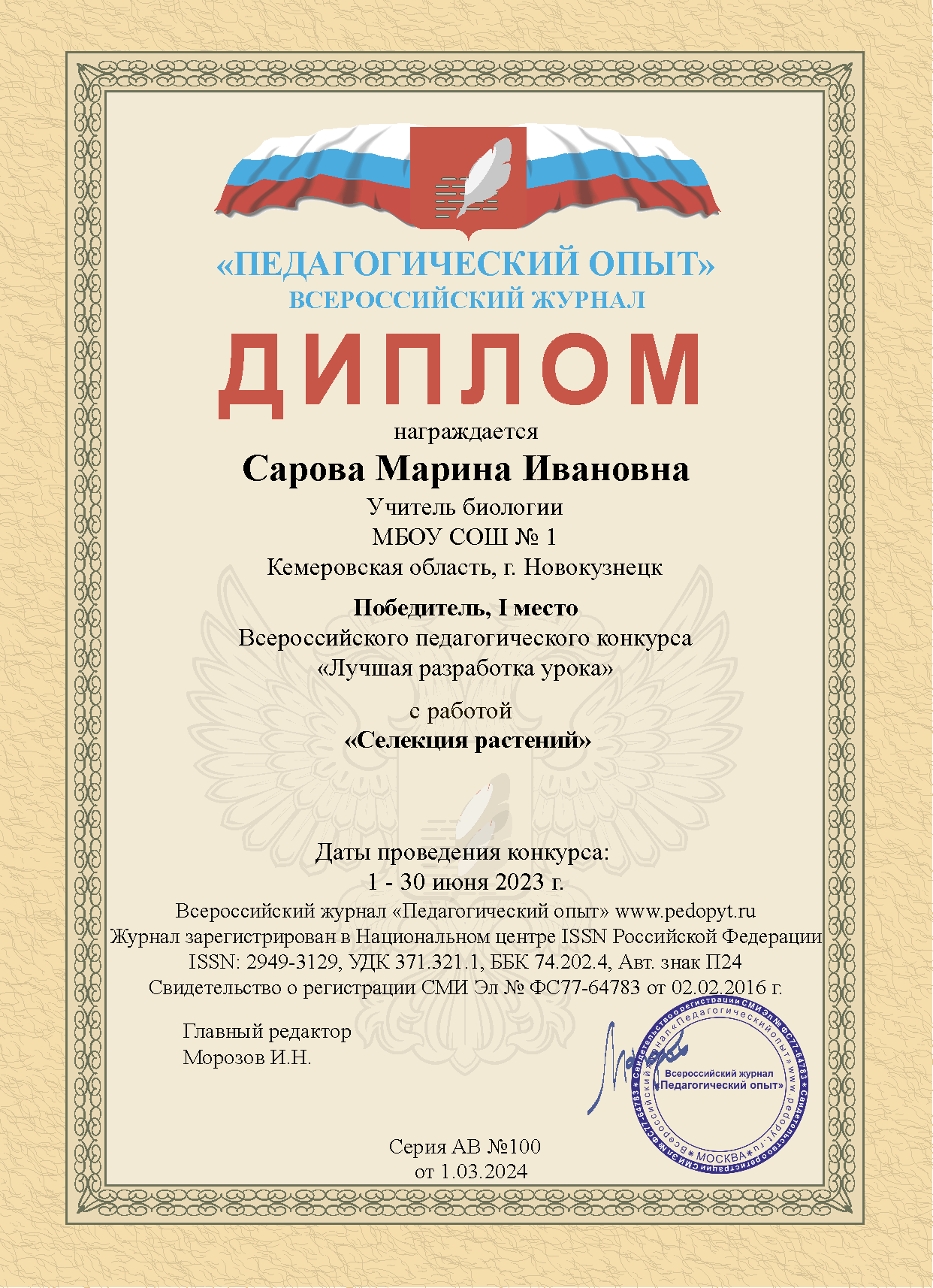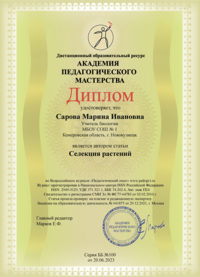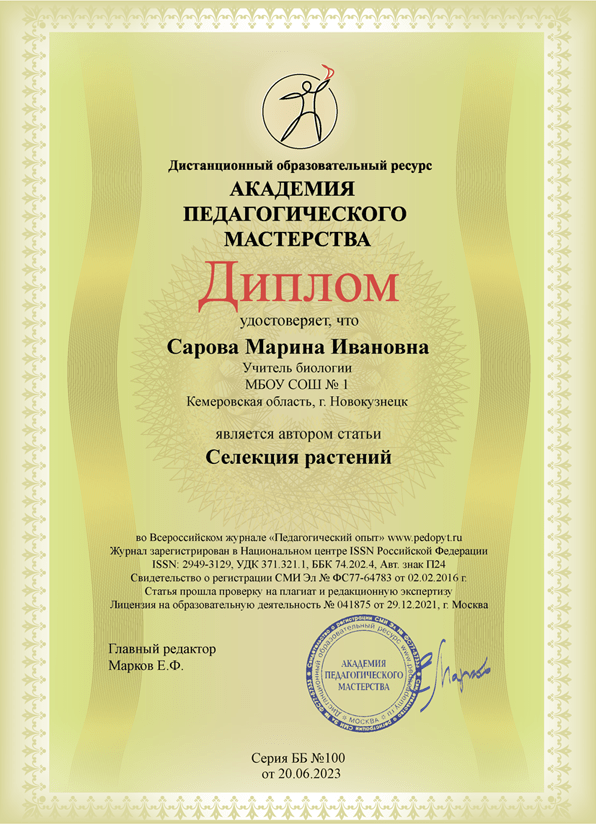The importance of Teaching and Learning culture in EFL
Автор: Сартова Айнур Елубайқызы
Организация: ЖУ имени Жансугурова
Населенный пункт: Республика Казахстан, Алматинская область, г. Талдыкорган
Culture teaching in ELT is an important channel and prerequisite to cultivate learners’ intercultural communication awareness and competence. Lingual communication is cultural communication,and cultural communication is based on understanding each other. College EFL teaching should encourage students to esteem me cultural diversities between English and Chinese through teaching western customs,morals and value to
them.
Qualification of foreign language is an important of a person’s cultural qualification. It includes lingual knowledge, foreign language thinking competence, foreign language communicative and non-intellectual factors. As the basic purpose of EFL learning, communicative competence shows a person’s level of foreign language competence. Culture teaching is an important content in college EFL teaching and a channel of cultural qualification education. It can sweep the barriers which raise difficulties of understanding and make college students master vocabulary, grammar, pragmatic knowledge, so they can use this language properly and correctly.
In addition, culture teaching can raise learner’s interest in learning English. According to the relation between learner’s learning behavior and interest, learners’ study status is in high point when they are interested in what they learn, and then they would acquire the knowledge in a high efficiency. In EFL teaching in classroom, teachers should foster students learning the background knowledge likes historical and cultural allusions to broaden their horizon and stimulate their interests in learning English.
With the development of linguistics, especially the formation and development of social linguistics, language’s communication function is considered as a kind of characteristic. The rising of social linguistics, pragmatics and semantics stimulates people to consider the importance of communication faction and put it into EFL teaching and learning. Therefore, Culture teaching is an important content in EFL teaching. To study phonetics, grammar and vocabulary is not enough for EFL learning, what’s more, learners should learn “how to use this language”, because to learn how to use language is the final purpose of ELT.
The principles of Culture Teaching in College TEFL
Culture teaching and learning should be paid much attention by teachers in ELT. There are mainly five principles of culture teaching:
- Interest Principle
The purpose of learning a language is to use it to communicate with others. However, the lack of lingual circumstance is a problem of EFL learning. Therefore, teachers/trainers should manage to create a lingual environment to raise students’ interest and enthusiasm, and make them study the basic knowledge and background knowledge in a relaxed and pleasant atmosphere, so that students feel as if they place themselves in a vivid communication environment and then produce and maintain the interest to language they learn. So, we can establish some activities like making a dialogue, holding a competition, watching English movies to create a good lingual environment for them to improve their communicative competence.
- Relevance Principle
The difference between Russian and English are reflected in many ways. Teachers cannot explain all the cultural differences between English and Russian during the one class. Specifically speaking, it means the contents of textbook include the differences in one factor of two different cultures, teachers should introduce the difference in this factor between two cultures to students, but do not say so much, otherwise, it will have bad effects on teaching some other lingual knowledge. The principle of relevance is to teach English cultural knowledge should be closely related to the contents of textbook. According to the factors like the college student’s requirement to lingual basic knowledge and the limited times, the content of culture teaching should be taken from the textbook, because the culture teaching materials which is not related to textbook and syllabus may increase teachers and students’ work burden, so it will produce a undesirable result. If we can deal with the relationship between cultural knowledge learning and contents of textbook, it will boost students to master the cultural background knowledge and lingual basic knowledge.
- Practical Principle
This principle requires the cultural background knowledge should be closely related to the contents which students have learned and daily communication. Meanwhile, it also considers to students’ career features in the future. In other words, the cultural background knowledge should be useful and helpful in general communication with people from English-speaking countries, so the student’s learning interest is stimulated and a benign circulation effect is produced.
- Suitability Principle
In TEFL, suitability principle means to teach cultural background knowledge moderately. For example, teachers should pay more attention to teaching the cultural background knowledge which belongs to mainstream culture and values or the one which has broadly representative of the society. In addition, teachers should bring some historical contents to help students understanding some cultural customs’ cause and effect in the class. The method of culture teaching should be controllable. It means teachers should deal with the relation between teaching and student’s self-study properly. The content which teacher teaches is limited and selectively, and teachers should “encourage students to read masses of reading materials after class to increase their cultural knowledge’s accumulation”.
- Comparative Principle
As we know, people are affected by their own national culture, their languages reflect the cultural background, and therefore, they may meet the barriers when they communicate with each other. Many cultural phenomena that we take for granted are considered as unbelievable things for people from England and America. So, we should make a comparison between English and Russian or we cannot understand their differences. Teaching cultural background knowledge in TEFL is to avoid misunderstandings that caused by cultural differences between English and Russian.
It is not enough simply to be willing to teach social linguistic conventions, principles and norms of different cultures. What must be understood is that to make such materials an intrinsic part of classroom foreign language instruction, teachers and writers of textbooks need specific information as to what the culture rules, conservations and norms of different cultures are, and how to integrate such information into EFL education to develop learner’s awareness of intercultural communication in classroom settings. The questions are related to the purpose of cultural knowledge teaching in EFL instruction programs. From the perspective of cultural, learners may focus on cultural communication information first, the objective of which to improve their communicative competence. It is necessary though it is difficult. In considering approaches to cultural knowledge teaching, it is obvious that any approach should not be groundlessly accepted. Learners could benefit from actual situations, which are an important consideration in making cultural knowledge teaching more effective. On the contrary, it is proper to advance step and enrich intercultural communication information, which needs both teacher’s patience and student’s perseverance. Teachers can make sure that they are teaching at any time, but it is not easy for the, to make sure that learning does take place. It will not happen when teachers insist on teaching rather than letting the learners learn for themselves. Many teachers feel that they lack of faith in their students and they do not think the students can be relied on to learn a foreign language themselves.
The contents of cultural knowledge teaching are usually classified into cultural background knowledge and intercultural communication information. Lacking either of them, learners of different cultural levels may misunderstand the symbolic meaning and social meaning of words and produce pragmatic errors. In general, the cultural knowledge information can be gained directly through “informal communicative approaches”, which are concerned with the process of communication, who were born in certain social-cultural circumstances and naturally inherited their common culture can easily understand their ways of behavior and avoiding misunderstanding. That is why some native speakers know little their history, literature, art, grammar etc., which does not prevent them from daily communication. That’s because they grow up in their own first language surroundings. However, those EFL learners cannot use English knowledge to communicate though the have learned some cultural knowledge, because English is their foreign language, they are easily influenced by their first language while communicating with speakers of foreign language. So, there is a distance between knowledge and behavior or between what one should do and what actually does.
Students should be aware of cultural differences at the beginning; they should have easy access to visual aids, such as English original films and DVDs, if possible, to talk with native speakers, such as foreign teachers in colloquial English class and students from English-speaking countries. Language learning should not be considered as only a part of passing examinations, but to form their communicative competence and satisfy the requirements of the society.
The close relationship between culture and language has been widely recognized and accepted in foreign language education. Cultural background knowledge is an important part in foreign language teaching and learning. Therefore, the accumulation of culture background is necessary in EFL teaching and learning. Teaching a language is teaching a culture in a sense. Culture is everything and everywhere. From this sentence we can see culture is broad and profound, and language is one of the most important attributes of languages. Meanwhile, language is one of the most important carriers. Therefore, teachers should pay as much attention to knowledge of English language as cultural background knowledge teaching.
List of references:
- Cook V., Second Language Learning and Language Teaching. Oxford: Oxford University Press, 2008.
- Richards J., Longman Dictionary of Language Teaching and Applied Linguistics. Beijing: Foreign Language Teaching and Research Press, 2005.
- Byram M., Cultural Studies in Foreign Language Education. Clevedon, UK: Multilingual matters, 2009.
- Davis L., Doing Culture-Cross Cultural Communication in Action. Beijing: Foreign Language Teaching and Research Press, 2004.
Nida E., Language and Culture – Context in translating. Shanghai: Shanghai Foreign Education Language Education Press, 2001.

